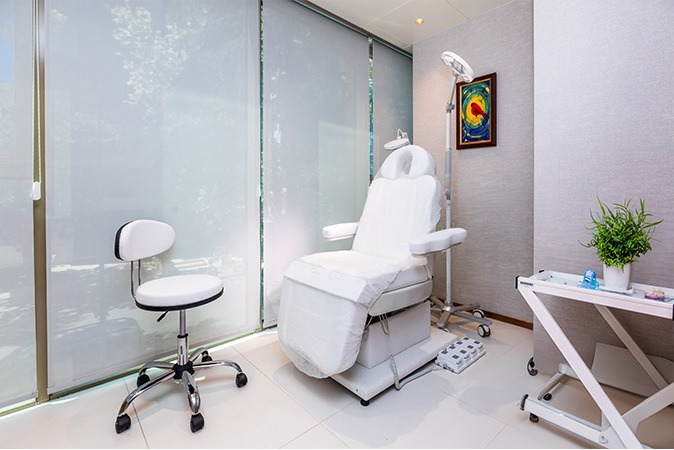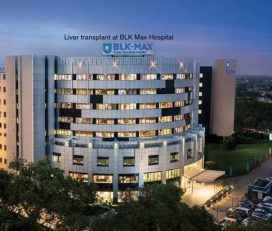
Cancer Second Opinion
People who are diagnosed with cancer often experience a wide range of emotions, as well as a sense of urgency to get into treatment as soon as possible. Usually with a new diagnosis there is a period of time, depending on the cancer type and stage, before treatment begins. During this time, getting a second opinion may be an essential and necessary component of treating one’s diagnosis.
How a Second Opinion Can Help:
- Confirm your diagnosis
- Determine if the cancer has spread
- Perspective from specialists with different expertise (such as a radiation oncologist or surgical oncologist)
- Determine clinical trials or alternative therapies that apply to your treatment plan
- Other treatment options
- Confidence on how to proceed with your care
Situations Where a Second Opinion May be Important:
- You have a rare or unusual cancer
- You feel uncomfortable with your doctor, the diagnosis or you need confirmation
- Your health insurance requires it
- The treatment offered has side effects or risks that you find disconcerting
- The treatment options will result in unacceptable or unreasonable demands on your life and your family
- Your doctor’s treatment goals are different from your own
- Your cancer is not responding to your current treatment
5 questions to ask your doctor
Asking the right questions may help you understand important information about your cancer diagnosis. Here are 10 questions to ask your oncologist:
What does my diagnostic testing tell me? The information you should receive from diagnostic tests includes where the cancer originated, the size of the tumor, the stage of cancer and whether it has spread to the lymph nodes or other parts of the body.
What treatment options are available? What do you recommend and why? Many types of cancer have a variety of treatment options available. Your doctor should be able to explain the potential benefits of each to help you understand your options, even if he or she doesn’t perform a specific treatment.
What happens if a treatment approach doesn’t work for me? At any point, you should feel comfortable asking your doctor about the status of your treatment. When choosing a care team, you may want to consider doctors willing to try new therapies, depending on your response. Look for professionals who will tailor treatments to your specific diagnosis, and who are willing to pursue other options if your treatment isn’t progressing as expected.
What are the side effects of treatment, and how often do your patients experience them? No two people will have the exact same response to cancer treatment, and side effects may vary depending on what type of treatment you choose. Ask your doctor about the side effects you may experience, so that you’re able to plan ahead and take possible precautions to avoid or manage these side effects.
How many patients have you treated with my type and stage of cancer, and how successful have you been? Ask how much experience your doctor has treating your type and stage of cancer, and whether he or she is board-certified in a relevant specialty. You may also want to ask for the facility’s treatment results so you can see how successful they have been in treating your cancer type.
Get Expert Cancer Second Opinion
[contact-form-7 id=”978″ title=”Get Expert Doctor Second Opinion”]
Contact us for,
Second Opinion, Treatment Plan,
Cost Estimate, Tele-Consultation
Email: Contact@ExpertChikitsa.com, Call or WhatsaApp: +91 80955 04033










